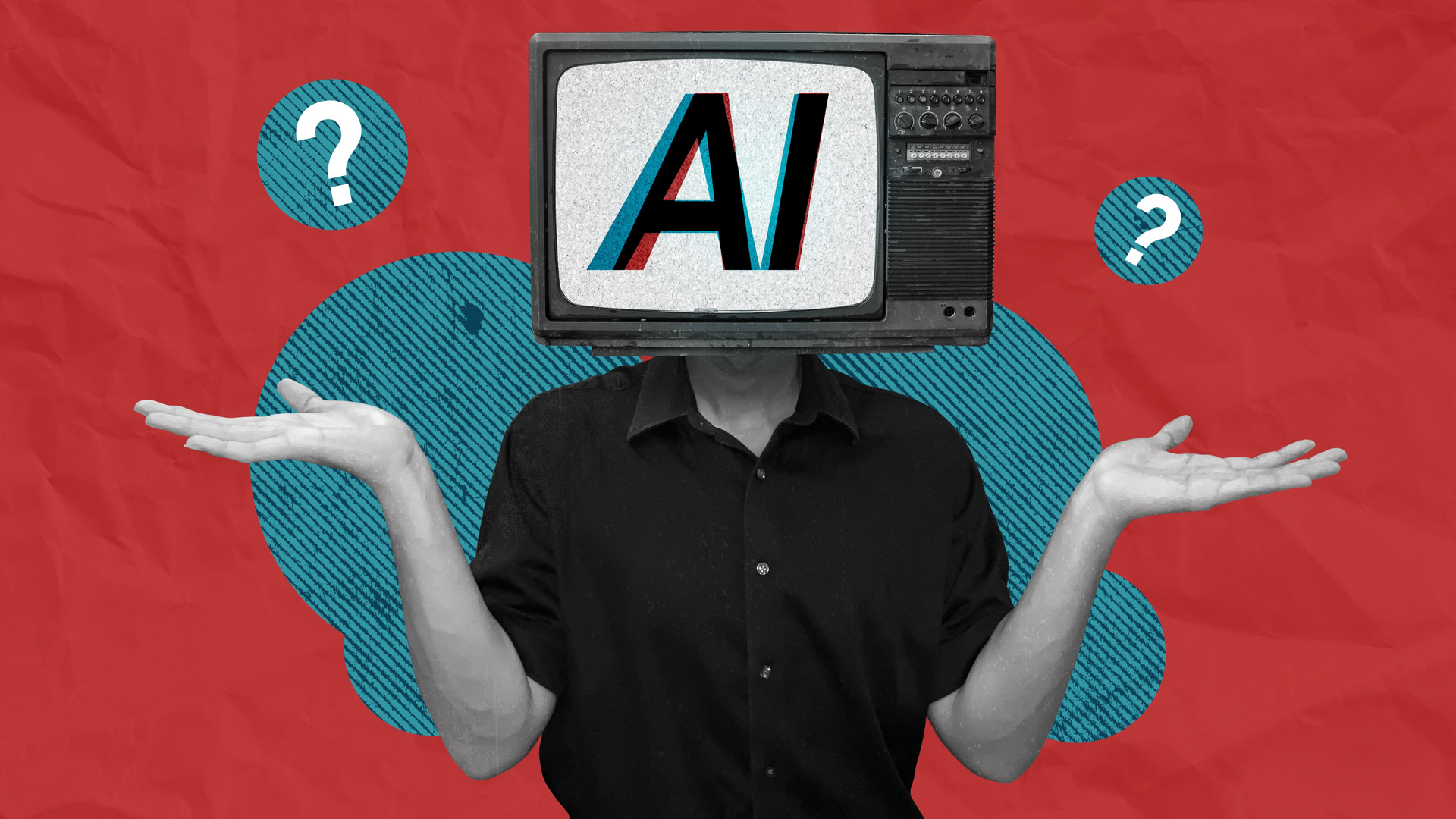Baffled by ChatGPT and Copilot? It might not be your fault - report flags the key skills needed to get the most out of AI
AI adoption faces a hidden obstacle: the human factor

Sign up for breaking news, reviews, opinion, top tech deals, and more.
You are now subscribed
Your newsletter sign-up was successful
- Report claims AI adoption depends on critical human abilities
- Ethics, adaptability, and audience-specific communication all named
- The skills gap in AI workplaces is as much human as it is technical
As AI tools become more and more embedded in our everyday work, new research claims the challenge of not getting the best out of them may not lie solely with the technology.
A report from Multiverse has identified thirteen core human skillsets which could determine whether companies fully realize AI’s potential.
The study warns without deliberate attention to these capabilities, investment in AI writer systems, LLM applications, and other AI tools could fall short of expectations.
Critical thinking under pressure
The Multiverse study draws from observation of AI users at varying experience levels, from beginners to experts, employing methods such as the Think Aloud Protocol Analysis.
Participants verbalised their thought processes while using AI to complete real-world tasks.
From this, researchers built a framework grouping the identified skills into four categories: cognitive skills, responsible AI skills, self-management, and communication skills.
Among the cognitive abilities, analytical reasoning, creativity, and systems thinking were found to be essential for evaluating AI outputs, pushing innovation, and predicting AI responses.
Sign up to the TechRadar Pro newsletter to get all the top news, opinion, features and guidance your business needs to succeed!
Responsible AI skills included ethics, such as spotting bias in outputs, and cultural sensitivity to address geographic or social context gaps.
Self-management covered adaptability, curiosity, detail orientation, and determination, traits that influence how people refine their AI interactions.
Communication skills included tailoring AI-generated outputs for audience expectations, engaging empathetically with AI as a thought partner, and exchanging feedback to improve performance.
Reports from academic institutions, including MIT, have raised concerns reliance on generative AI can reduce critical thinking, a phenomenon linked to “cognitive offloading.”
This is the process where people delegate mental effort to machines, risking erosion of analytical habits.
While AI tools can process vast amounts of information at speed, the research suggests they cannot replace the nuanced reasoning and ethical judgement that humans contribute.
The Multiverse researchers note that companies focusing solely on technical training may overlook the “soft skills” required for effective collaboration with AI.
Leaders may assume their AI tool investments address a technology gap when in reality, they face a combined human-technology challenge.
The study refrains from claiming AI inevitably weakens human cognition, but instead it argues the nature of cognitive work is shifting, with less emphasis on memorising facts and more on knowing how to access, interpret, and verify information.
You might also like
- These are the best AI website builders around
- Take a look at our pick of the best internet security suites
- The biggest heist of all time involved over $14 billion of crypto being stolen - and it went undetected for five years

Efosa has been writing about technology for over 7 years, initially driven by curiosity but now fueled by a strong passion for the field. He holds both a Master's and a PhD in sciences, which provided him with a solid foundation in analytical thinking.
You must confirm your public display name before commenting
Please logout and then login again, you will then be prompted to enter your display name.